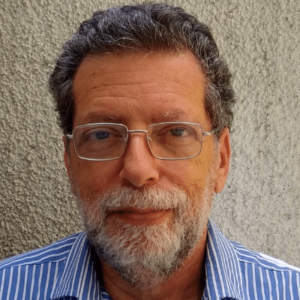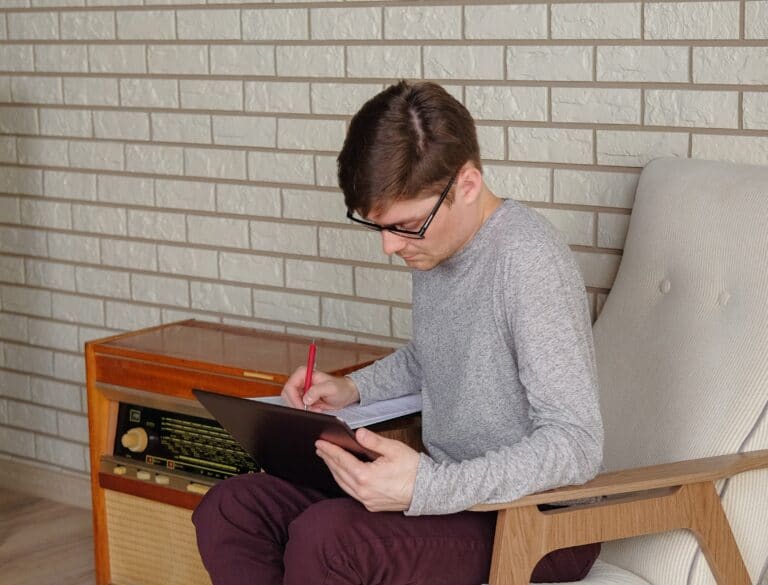Some people have a difficult childhood
Some of the difficulties are external to the family (earthquakes, famines, repressive governments and other causes). Some are internal to the family but unavoidable (death, illness and other causes). In many cases, however, the problems stem from within the family, generally started by the parents or caretakers and suffered by everybody in the house.
Some parents are immature (irrelevant of their age) to take care of the children; some never wanted to have children but they do; some have quarrels with their partners and take it out on the children; addictions are another trigger; and there are other causes as well.
Children need the care of their parents
That includes shelter, food, attention, caring and understanding, among other things. When a child does not receive these things, many times they tend to normalize the situation. “What happens to me is what happens in a house”, they might think.
Furthermore, many times children feel responsible or even guilty for the misbehaviours of their parents. They often think that they probably weren’t good enough and what they receive is their punishment.
Neglected children many times carry a weight on their shoulders into adulthood
Some heal by themselves or with the help of the Social Services or mental health aid. Many carry on productive and enjoyable lives, probably different than what they would have chosen if they came from a different background, but satisfying lives nonetheless.
Breaking up the chain of abuse
There is an issue of utmost importance. Some people who had a difficult childhood inflict similar damage onto their own children, continuing the chain of abuse. Sometimes those parents justify their behaviour based on their own experiences as children.
However, children are vulnerable and it is up to the caretakers to treat them properly. If the caretakers were themselves abused as children, this is their opportunity to break up the chain of abuse. Most vicious circles have one redeeming aspect: no matter where you cut it, the circle is finished.
It is not easy to take a stand and change, protecting their children instead of mistreating them. It is very rewarding to be able to do that and to see their children grow up in a good way. Most times their children do not even realize that they were treated much better than their parents were because for them everything is normal. That feeling, on the part of the children, is also a reward, it means that they were spared from hell without them knowing it.






